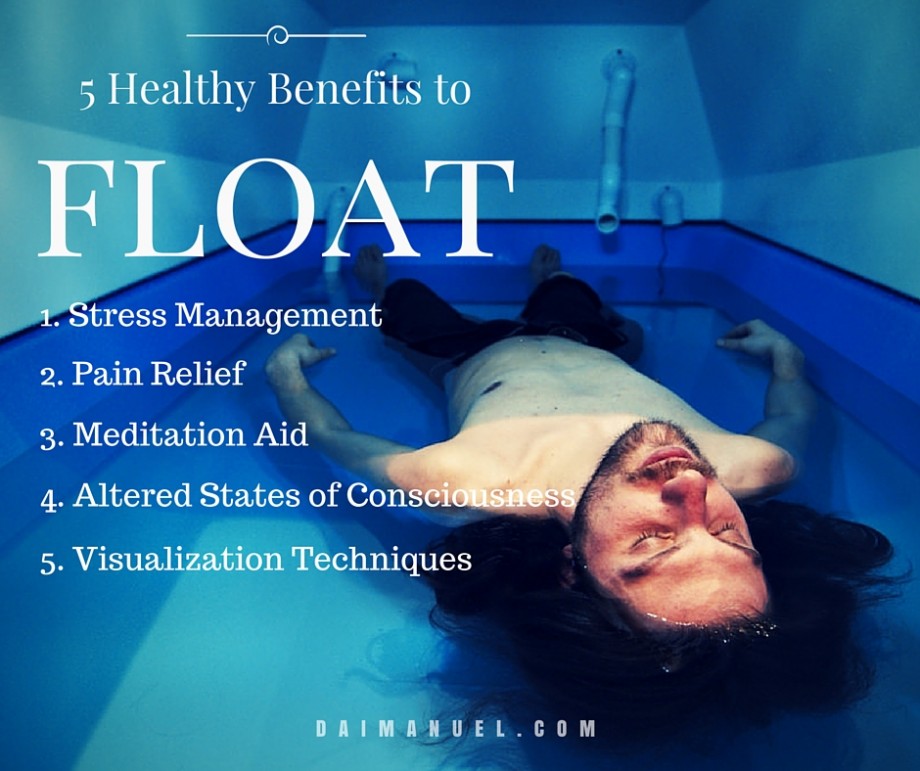Benefits of Float Tank
At [Your Company Name], we understand the importance of providing comprehensive information about the benefits of float tanks. With our expertise in SEO and high-end copywriting, we are confident in our ability to create exceptional content that can help you outrank the current top-ranking article on this topic in Google search results.
Relaxation and Stress Relief
One of the key benefits of float tanks is the unparalleled relaxation and stress relief they offer. By immersing yourself in a float tank filled with warm water and Epsom salt, you can experience a deep sense of tranquility. The sensory deprivation environment allows you to disconnect from the outside world, promoting a state of relaxation that is hard to achieve through other means.
Pain and Muscle Tension Relief
Float tanks are highly effective in relieving pain and muscle tension. The buoyancy provided by the Epsom salt solution allows your body to effortlessly float, relieving pressure on joints and muscles. This can be particularly beneficial for individuals suffering from conditions such as arthritis, fibromyalgia, or sports-related injuries.
Enhanced Mental Clarity and Focus
Stepping into a float tank can also have a profound impact on your mental clarity and focus. The absence of external stimuli allows your mind to enter a state of deep relaxation, promoting enhanced mental clarity and concentration. Many individuals report increased creativity and problem-solving abilities after float tank sessions.
Improved Sleep Quality
If you struggle with sleep-related issues, float tanks can provide a natural solution. The deep relaxation experienced during floatation therapy can help regulate your sleep patterns and improve the quality of your sleep. By reducing stress and anxiety, float tanks can contribute to a more restful and rejuvenating sleep experience.
Accelerated Recovery and Healing
Float tanks have gained popularity among athletes and individuals seeking faster recovery and healing. The weightlessness experienced in the tank promotes improved blood circulation, which can aid in the delivery of oxygen and nutrients to injured or sore muscles. Additionally, the relaxation induced by floatation therapy can help reduce inflammation and promote overall healing.
Stress Reduction and Mental Health
Float tanks have been recognized for their potential to reduce stress and support mental health. The sensory deprivation environment allows individuals to disconnect from the constant stimulation of the modern world, giving their minds a chance to rest and reset. This can be particularly beneficial for individuals dealing with anxiety, depression, or high levels of stress.
Enhanced Meditation and Mindfulness
Float tanks provide an ideal environment for meditation and mindfulness practices. The absence of distractions allows individuals to deepen their meditation practice and achieve a heightened state of mindfulness. The sensory deprivation experience can amplify the benefits of meditation, enabling individuals to explore their inner selves and cultivate a greater sense of self-awareness.

In conclusion, float tanks offer a multitude of benefits ranging from relaxation and stress relief to pain management and enhanced mental clarity. By incorporating floatation therapy into your self-care routine, you can experience the transformative effects it can have on your overall well-being. At [Your Company Name], we are dedicated to providing you with the most accurate and comprehensive information about the benefits of float tanks, helping you make informed decisions about your health and wellness.
Frequently Asked Questions about the Benefits of Float Tanks
1. What is a float tank?
A float tank, also known as a sensory deprivation tank or isolation tank, is a lightless, soundproof tank filled with saltwater that allows individuals to float effortlessly, providing a unique sensory experience.
2. What are the benefits of using a float tank?
Using a float tank offers numerous benefits, such as stress reduction, pain relief, improved sleep, enhanced creativity, increased relaxation, and deepened meditation.
3. How does floating in a tank reduce stress?
Floating in a tank reduces stress by creating a weightless environment that relieves pressure on the joints and muscles. The sensory deprivation aspect helps calm the mind and promotes relaxation, reducing stress levels.
4. Can float tanks help with pain relief?
Yes, float tanks can help with pain relief. The buoyancy provided by the saltwater reduces the strain on muscles and joints, alleviating pain associated with conditions like arthritis, fibromyalgia, and back pain.
5. How does floating in a tank improve sleep?
Floating in a tank promotes better sleep by reducing stress, anxiety, and muscle tension. The deep relaxation experienced during a float session can result in improved sleep quality and a more restful night’s sleep.
6. Can float tanks enhance creativity?
Yes, float tanks can enhance creativity. The sensory deprivation environment allows the mind to enter a state of deep relaxation, which can stimulate creative thinking, problem-solving, and idea generation.
7. Are there any psychological benefits to using a float tank?
Absolutely! Float tanks have psychological benefits such as reducing anxiety, improving mental clarity, enhancing mindfulness, and promoting a sense of overall well-being.
8. How long should a float session last to experience the benefits?
Float sessions typically last around 60 to 90 minutes to fully experience the benefits. However, even shorter sessions can provide some benefits, especially for beginners.
9. Are float tanks suitable for everyone?
While float tanks are generally safe for most people, it’s always recommended to consult with a healthcare professional if you have any medical conditions or concerns. Pregnant women, individuals with epilepsy or open wounds, and those under the influence of drugs or alcohol should avoid float tanks.
10. How often should one use a float tank to maximize the benefits?
The frequency of float tank use depends on individual preferences and needs. Some individuals float once a week, while others may choose to float once a month. Experimentation is key to finding the frequency that works best for you.




